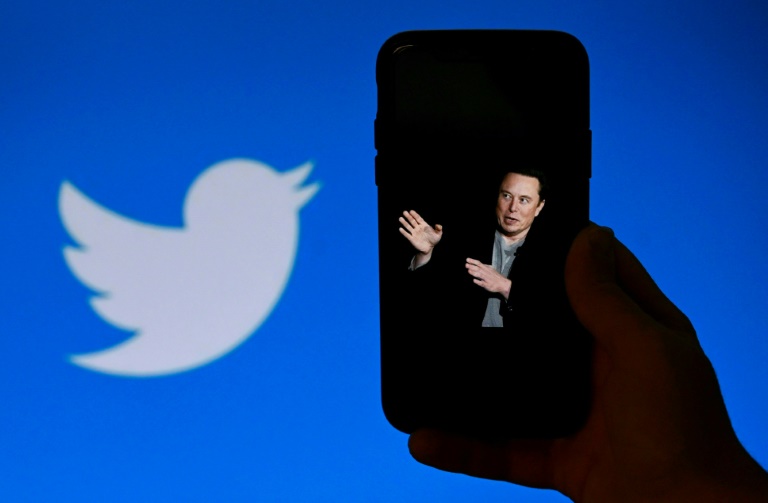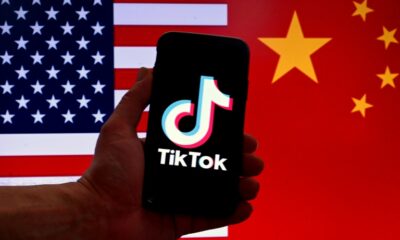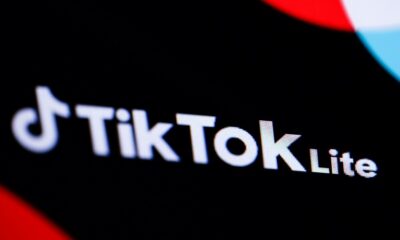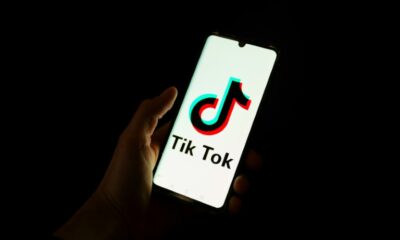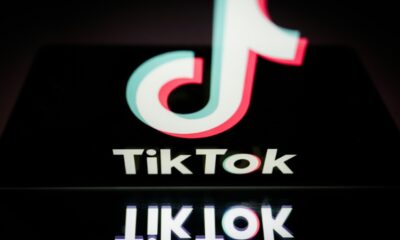After months of controversy, Elon Musk is now at the head of one of the most influential social networks on the planet, whose “tremendous potential” he has promised to unleash.
What changes can we expect for the platform from the multi-billionaire chief executive of Tesla and founder of SpaceX?
– New boss –
One of Musk’s first decisions was to sack Twitter chief executive Parag Agrawal, chief financial officer Ned Segal and head of legal affairs Vijaya Gadde, according to several US media outlets.
The billionaire entrepreneur will have to find replacements for them.
“Musk is in the unenviable position of convincing seasoned executives to work for him at a platform that he has publicly disparaged,” said Jasmine Enberg, an analyst for Insider Intelligence.
According to Bloomberg, Musk will assume the role of CEO of Twitter, at least initially.
He’ll have to deal with concerned employees. Musk wants to cut the workforce by 75 percent (or about 5,500 employees), according to the Washington Post.
“The mood at Twitter is tense, with employees worried about layoffs,” Enberg said. “Product and even engineering teams could face a shakeup.”
– Freedom of speech –
A self-described “free speech absolutist,” Musk said on Thursday that he wants to turn Twitter into a platform that is “warm and welcoming to all” and not a “free-for-all hellscape.”
He has criticized what he sees as aggressive content moderation, which he contends results in the censorship of right and far-right voices.
“Experts we’ve spoken with have suggested around 600 people at Twitter itself and thousands more with third-party affiliations have worked on platform content moderation,” said Scott Kessler of Third Bridge.
“Musk has publicly advocated for these actions to be driven by algorithms instead of people,” he added.
The Tesla boss further hinted that former US president Donald Trump, who was suspended from the platform after the attack on Capitol Hill in early 2021, might be allowed to return.
Trump wrote on Friday on his own social network Truth Social that Twitter is “in good hands.”
One of Musk’s other pet peeves is the issue of fake accounts. He threatened to walk away from the deal over the inauthentic or “bot” accounts but has not revealed what he will do to fight them.
– ‘Unpalatable to advertisers’ –
Another challenge for Elon Musk is to improve the financial health of Twitter, which faces slow growth, even recording a net loss in the second quarter.
In April, Musk mentioned various options to generate more revenue: boosting paid subscriptions, monetizing the dissemination of popular tweets or paying content creators.
In a letter published Thursday, the entrepreneur called on Twitter advertisers to work together to “build something extraordinary,” stressing the importance of welcoming a wide diversity of opinions on the platform.
“Mr. Musk has indicated in his latest publicity stunt that he wants to throw the kitchen sink at Twitter to attract new users,” noted Susannah Streeter, senior investment and market analyst at Hargreaves Lansdown.
“But he is going to face a huge challenge of maintaining and building revenue, given that the controversial opinions he appears to want to give more of a free rein to in this ‘global town hall’ are often unpalatable to advertisers,” she said.
Some civic groups are also calling on major brands to use their influence to prevent Musk from providing a platform for the most radical speech.
“Considering that ads reportedly account for 90 percent of Twitter’s revenue, it is clear that the power to hold Musk accountable, if he rolls back the platform’s protections against harassment, abuse and disinformation, lies in the hands of Twitter’s top advertisers,” Media Matters for America, a nonprofit watchdog group, argued.

 Business5 months ago
Business5 months ago
 Business4 months ago
Business4 months ago
 People4 months ago
People4 months ago
 Events3 months ago
Events3 months ago
 Events6 months ago
Events6 months ago
